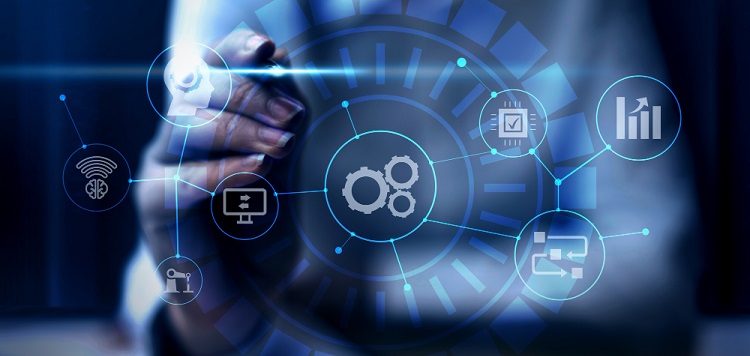Artificial Intelligence (AI) and automation are transforming the way we live our lives. These technologies are rapidly evolving and have the potential to revolutionize various industries, from self-driving cars to chatbots. In the marketing world, the emergence of new technologies like ChatGPT is changing the way we interact with customers. In this article, we will delve into the impact of AI and automation on marketing, and explore how agencies can adapt to the changing landscape.
ChatGPT is an AI-powered chatbot launched on December 1, 2022. In just a few days, it has already gained one million users and has been praised by Elon Musk as “scary good.” Utilizing natural language processing and machine learning algorithms, ChatGPT is able to understand and respond to user queries in real-time. With ChatGPT, businesses are now able to provide 24/7 customer service without requiring human intervention.
Marketing automation involves utilizing software to automate repetitive marketing tasks. According to market projections, the value of marketing automation software is expected to reach $6.4 billion by 2024. This technology is revolutionizing the way businesses conduct their marketing campaigns. By utilizing automation, companies can set up triggered email campaigns, lead scoring, and lead nurturing programs that boost their conversions and ROI.
In the constantly evolving world of marketing, it is crucial for agencies to provide their clients with unique and long-term value. To achieve this, they must stay updated with the latest technologies and trends, and stay ahead of their competitors. By focussing on offering personalized customer experiences and leveraging data-driven insights, agencies can deliver superior service to their clients.
In conclusion, the marketing industry is undergoing a significant transformation due to the advancements in AI and automation. This has led to a shift in the way businesses run their campaigns and interact with their customers. To succeed in this new era, agencies must be adaptable, innovative, and provide unparalleled value to their clients. They should prioritize creating customized experiences that result in long-term customer relationships. By staying informed about the latest technologies and trends, agencies can establish a competitive advantage in the market.

